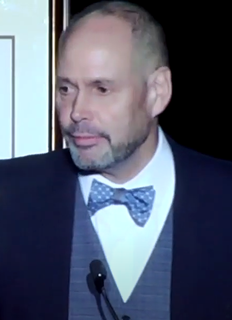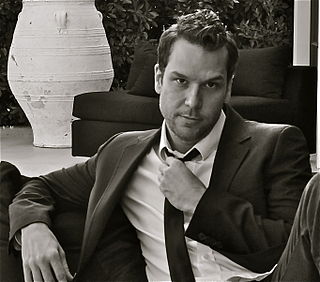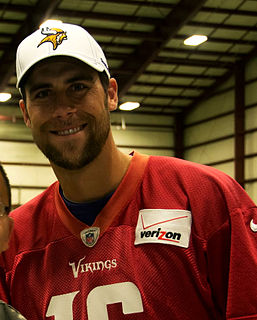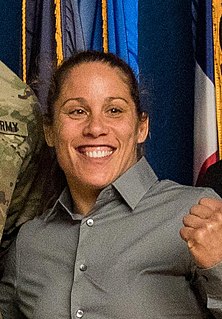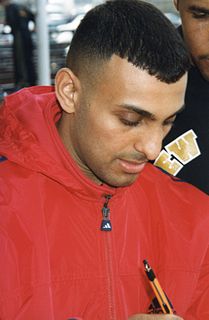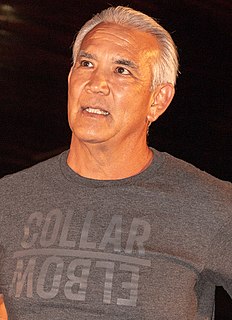A Quote by Ernie Johnson Jr.
Sometimes early in my career I thought what I did was who I was. As you mature, I've learned that is not the case. This is what I do, this is not who I am.
Related Quotes
It is the most powerful submission in the sport. It is a beautiful thing. You're holding them into you, their back is on you, and you are basically choking them gradually like a boa constrictor and once you've got them, the pressure goes on and they have to submit or they are going to stop breathing. It happened to me early in my career, and I panicked, and gave in, I tapped out too early. I learned a lot from that. I learned from it, learned how to do the move better, learned how to avoid it being done to me.
One thing that I've learned from male role models is that they don't hesitate to invest in themselves, with the view that, if I'm healthy and happy, I'm going to be a better support to my spouse and children. And I've found that to be the case: Once my kids were settled, the next thing I did was take care of my own health and sanity. And made sure that I was exercising and felt good about myself. I'd bring that energy to everything else that I did, the career, relationship, on and on and on.
I am a cutter, you see. Also a snipper, a slicer, a carver, a jabber. I am a very special case. I have a purpose. My skin, you see, screams. It's covered with words - cook, cupcake, kitty, curls - as if a knife-wielding first-grader learned to write on my flesh. I sometimes, but only sometimes, laugh. Getting out of the bath and seeing, out of the corner of my eye, down the side of a leg: baby-doll. Pulling on a sweater, and in a flash of my wrist: harmful. Why these words?
I was trained to become an economist and I finished my work and I was teaching and did my PhD so I thought I did that. I prepared myself for that kind of road. But then I realized that I had not learned enough to solve the problem of poverty. So I distanced myself from the things that I learned and tried to learn anew about people.
